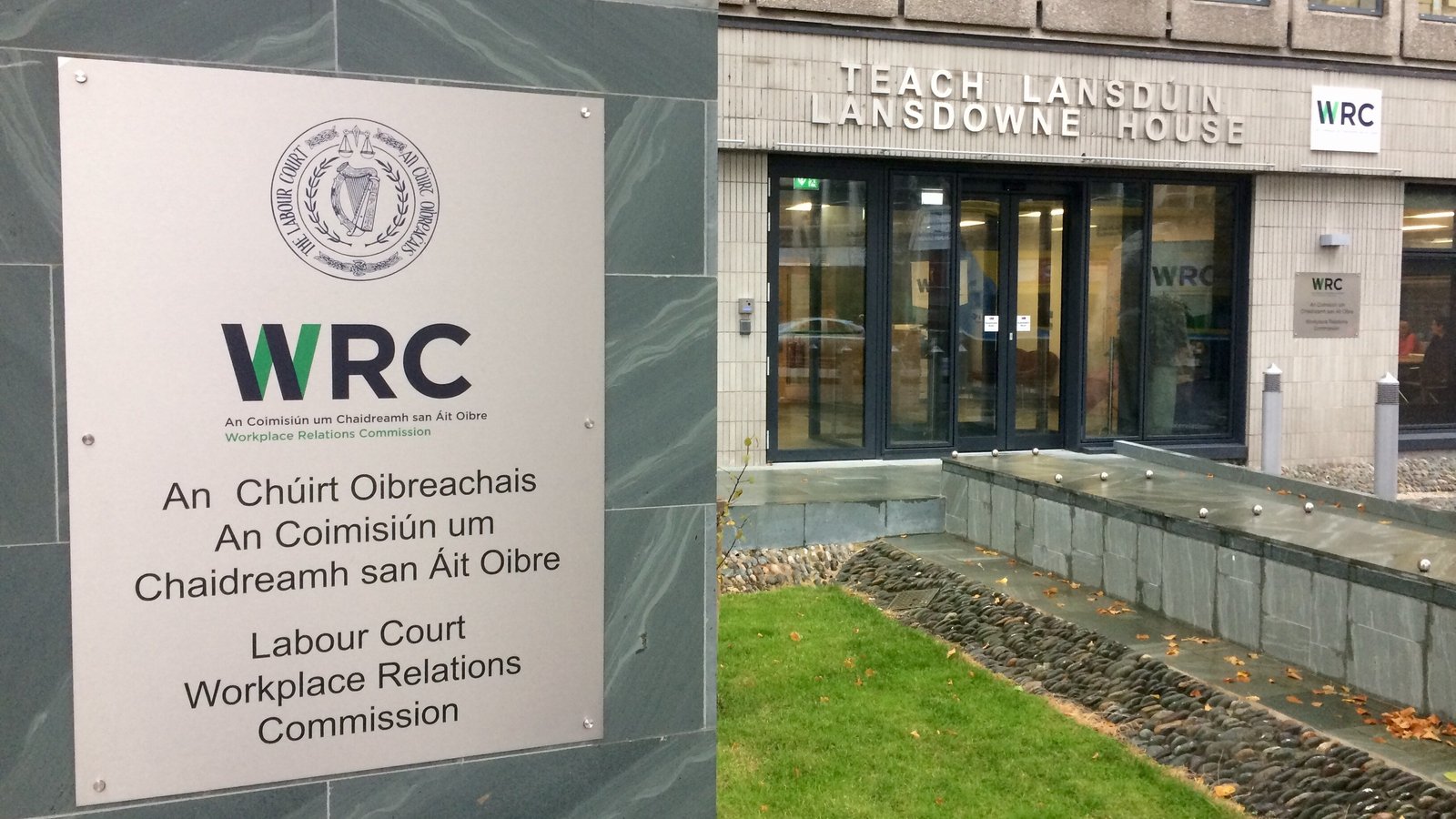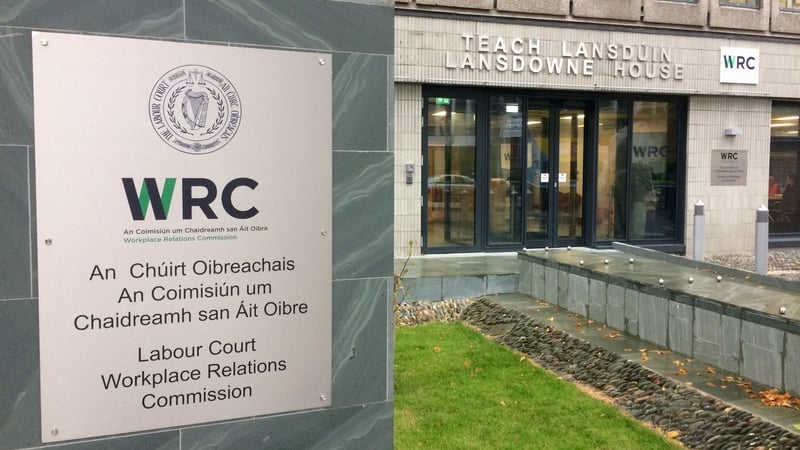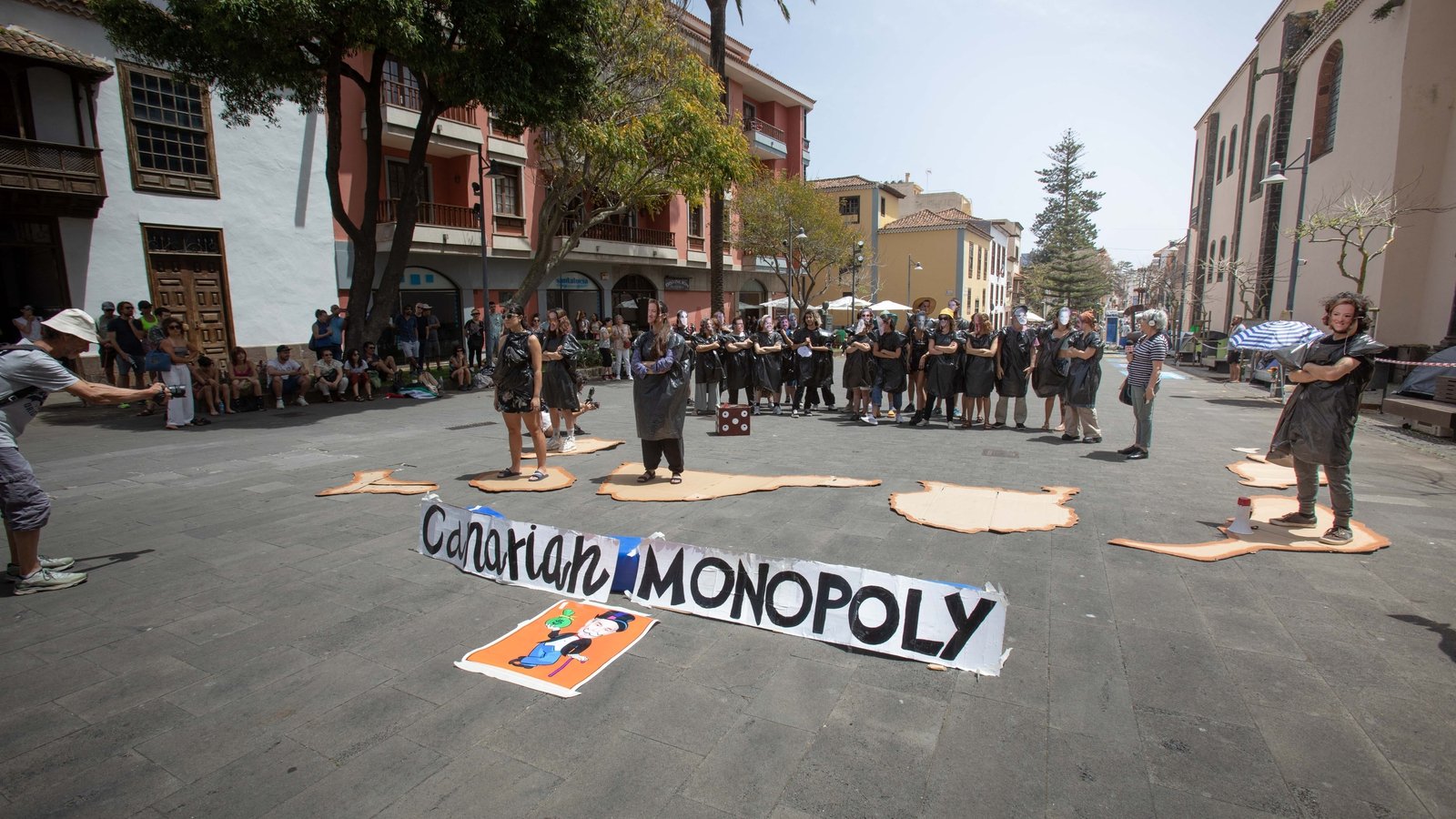Labour’s small business spokesperson underpaid seamstress


The Labour Party’s small business spokesperson underpaid a Bolivian seamstress who said she resigned out of fear of being deported, a tribunal has noted in awarding the worker over €11,000 for multiple breaches of her employment rights.
The Workplace Relations Commission found that Dún Laoghaire-Rathdown county councillor Juliet O’Connell had underpaid the worker by thousands of euro in the course of a year compared to the salary set out in a job offer letter used to support a work visa application.
The worker, Patricia Oropeza-Vedia, secured awards of back pay and compensation on foot of complaints under the Payment of Wages Act 1991, the Terms of Employment (Information) Act 1994 and the Organisation of Working Time Act 1997 against Juliet O’Connell Ltd, trading as The Zip Yard Dún Laoghaire.
The tribunal heard that Ms Oropeza-Vedia, a Bolivian national, came to Ireland in 2019 on a student visa with qualifications in pattern-making, dressmaking and interior design – working part-time for Ms O’Connell’s company at first before agreeing to go full-time on condition that she could get an employment permit.
The worker’s role had been described as a “business development interior designer” with a base salary of €30,000 in a job offer letter from her employer, which Ms Oropeza-Vedia had submitted in support of a work permit application in December 2020.
The complainant said in evidence that although she went to customers’ homes to take measurements, when she was in the shop doing alterations and making curtains, she was expected by her employer to look after customers at the counter.
She told the tribunal that she “felt pressurised to do the additional work” and “was afraid that if she didn’t cooperate, her work permit would be withdrawn”.
When Ms Oropeza-Vedia attempted to renew her work permit in early 2023, her application was rejected on the grounds that her Revenue record indicated she had been earning less than had been stated in her original visa application.
She said she resigned on 7 February 2023 because she was afraid of being deported if found to be working illegally.
The WRC heard there had been difficulties earlier in the employment in securing a work permit.
‘Fake law firm’
The worker discovered in November 2019 that a company initially involved with applying for her work permit application – which the employer had met and paid €1,500 – was a “fake law firm” subject to a Law Society warning notice.
After the permit failed to materialise, the complainant said her employer brought her to a garda station to report the matter.
Ms Oropeza-Vedia said she was “distressed” to discover she had been working illegally at this time and said she ended up paying another solicitor €1,045 to arrange for an “emergency” extension of her student visa.
When the Covid-19 pandemic hit Ireland, and her employer’s shop closed, she said she was initially “afraid to apply” for the Pandemic Unemployment Payment on the grounds that she had no employment permit.
She only started claiming the support after she ran out of money in October 2020, she said.
Ms Oropeza-Vedia said she repaid her employer for a further €950 solicitor’s fee incurred in connection with a work permit application in December 2020 and paid the Department of Enterprise the €1,000 fee herself.
The offer letter, dated December 2020, referred to a salary of €30,000, or €576.92 a week, the WRC noted.
Ms Oropeza-Vedia said she did not receive a payslip every week she worked, but showed adjudicator Catherine Byrne 14 payslips from a 25-week period between August 2022 and February 2023, each of which stated gross pay of €460, equivalent to a €23,920-a-year salary.
Ms Byrne noted Ms Oropeza-Vedia’s tax returns recorded gross earnings of €23,880 in 2022.
The adjudicator also noted that a WRC inspector who visited Ms O’Connell’s shop discovered a “discrepancy” between the 40-hour week the worker was actually working and the standard 39-hour week which was a condition of her employment permit.
This amounted to an underpayment of one hour every week, the tribunal wrote.
Ms Oropeza-Vedia also sought payment for 16 hours of overtime in her pay claim.
Ms O’Connell, who appeared before the tribunal as respondent-in-person, said she had documents which would show the complaints were “without substance”, but that she had not brought them to the complaint hearing in August 2023.
The adjudicator noted: “[Ms O’Connell] showed me a document on her phone which she referred to as a ‘contravention notice’ from the inspection service of the WRC which, she said, shows that she is obliged to pay the complainant the difference between the wages stated on her contract and the wages she was paid.
“She said that she is confused about how the inspection service and the adjudication service operate and she is seeking guidance before she responds to the contravention notice,” Ms Byrne added.
Ms Byrne noted that the businesswoman turned down the offer of an adjournment so that working time records and other material could be produced at a later date and said she would send them in to the tribunal later.
‘Suffering from stress because of WRC investigation’
The businesswoman told the tribunal in subsequent correspondence that she was “suffering from stress because of the WRC investigation” and that she had “been advised not to attend a resumed hearing”.
She provided a spreadsheet which she said were a record of the worker’s hours.
In response, the complainant pointed to “discrepancies” in the employer’s spreadsheet and provided her own record – which she said was based on the logbooks in the shop, which she had scanned.
Ms O’Connell told the WRC she thought the first solicitor she engaged for the employment permit was “legitimate” and that she reported the firm to the authorities when the permit failed to materialise.
In her decision, adjudicator Catherine Byrne wrote that although Ms O’Connell’s firm was already subject to a direction to pay €4,800 to the worker on foot of the WRC inspection, nothing had been paid as the worker had asked that the entire matter be dealt with by adjudication.
Ms Byrne found there was a shortfall of €6,016 in Ms Oropeza-Vedia’s gross wages between February 2022 and February 2023 when she had been paid between €459.26 and €480 gross a week.
The worker’s earnings were €23,984 for a 52-week period when the wages “properly payable” were €30,000 under the work permit, she wrote.
Ms Byrne said 67 hours overtime pay at time and a half was also due to the worker, bringing the sum awarded under the Payment of Wages Act to €7,378, after some statutory deductions.
The employer was also ordered to pay €1,154 for ten days’ unpaid annual leave entitlements, and the same sum again in compensation for a breach of the worker’s statutory rights.
Ms Byrne added that the job description provided by the worker characterising her as an interior designer “fails to explain the reality of her role in the respondent’s business”.
Noting the Labour Court’s view that such breaches could not be considered “minimal or technical”, she awarded €1,731 to Ms Oropeza-Vedia, three weeks’ wages.
The total awarded was €11,417.




